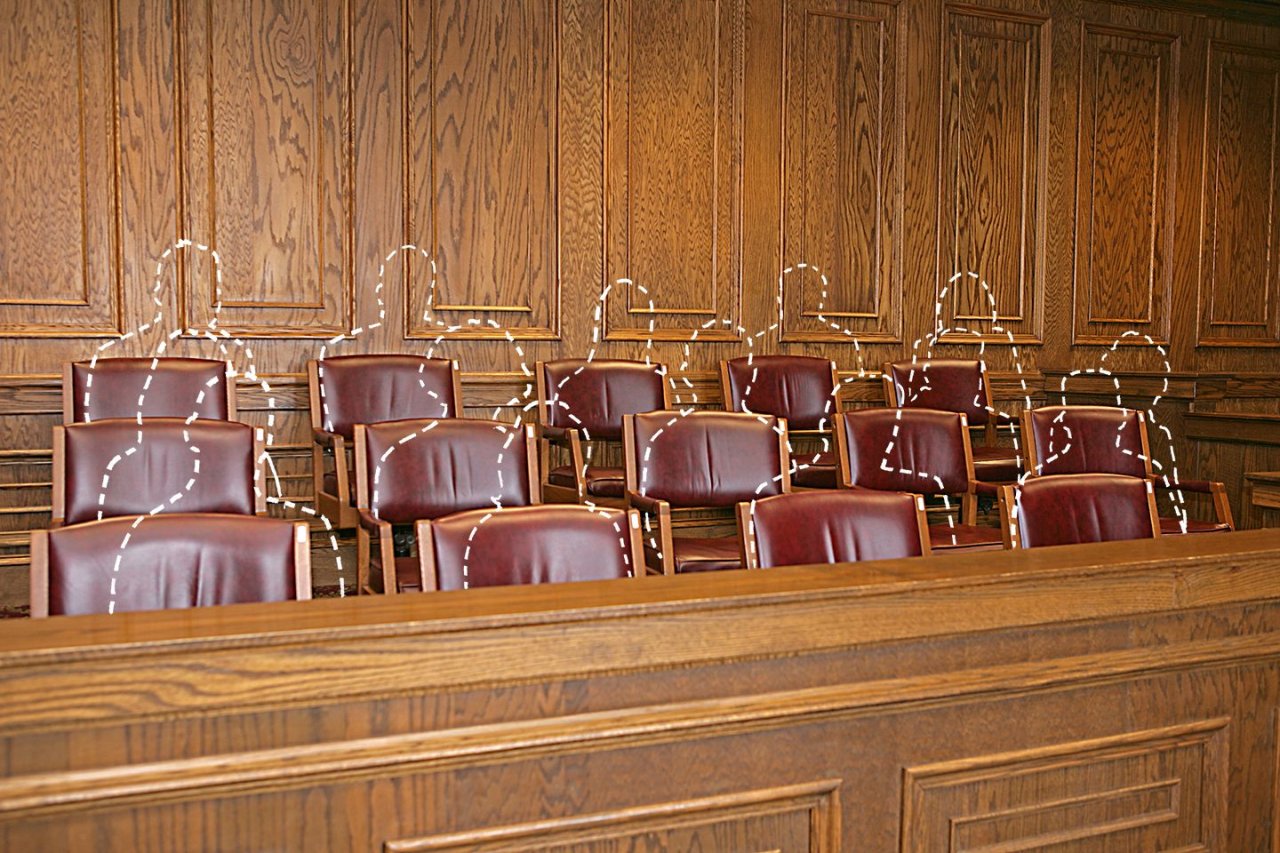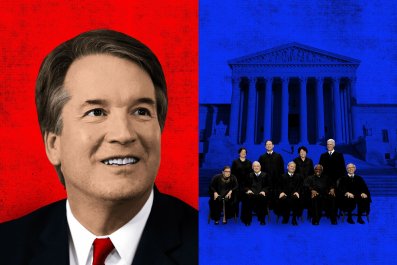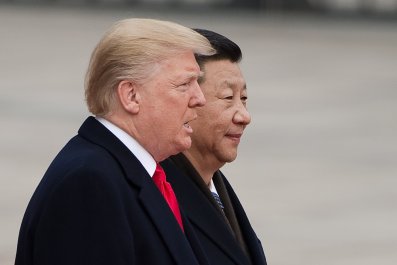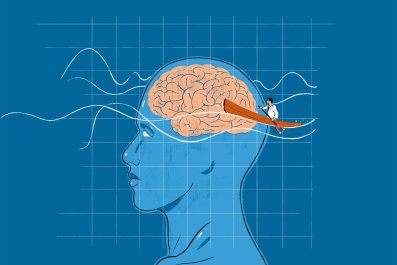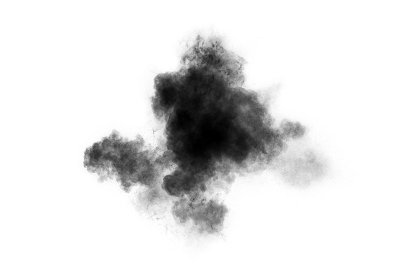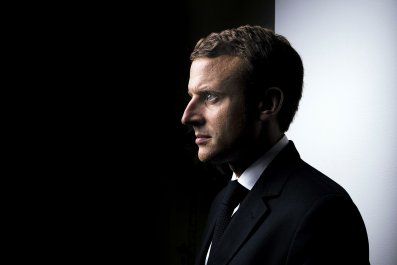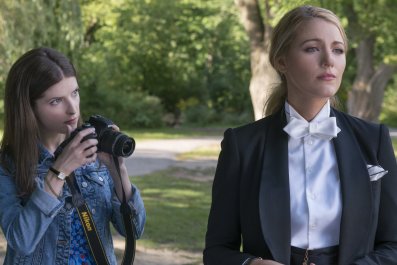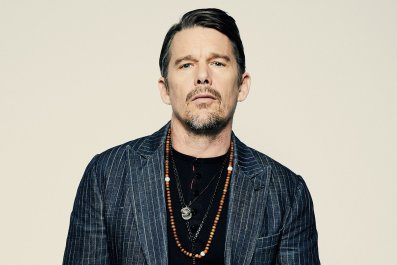Robert Hirschhorn knew exactly the type of jurors he wanted in the months before the trial of George Zimmerman, the shooter of Trayvon Martin, in 2013. At the time, Zimmerman was "the most hated man in America," said Hirschhorn. "I particularly wanted women in that jury. I had concluded that if a woman was getting her head pounded into the cement, and she had a gun on her, she would be more inclined to reach for that gun than a man."
An all-female jury acquitted Zimmerman of second-degree murder in the killing of Martin. Zimmerman claimed he shot the 17-year-old in self-defense, but others saw the shooting as racially motivated and that Zimmerman shot the teenager because he was black.
For Hirschhorn, a decades-long trial consultant, jury selection was all about one thing: finding individuals who, because of their experiences or identity, would likely accept the defense's version of events.
Last year, attorney Benjamin Brafman represented another most-hated man in America, "pharma bro" Martin Shkreli, who hiked the price of a life-saving HIV/AIDS drug, Daraprim, by 5,000 percent. Shkreli was charged with securities fraud, not price gouging, but the widespread negative coverage likely colored public perception of the defendant, as well as the opinions of potential jurors.
"I was looking for people who I believed would be sympathetic," said Brafman. "Older people, middle class as opposed to upper class, and people who do not spend their entire day on the internet, where Martin was a constant presence and, unfortunately, in some respects his own worst enemy with some of the things he said."
Brafman apparently chose well. Shkreli was acquitted of five out of the eight charges and sentenced to seven years in prison for securities fraud and conspiracy. Had he been convicted on all charges, he could have faced decades in prison.
Defense lawyers can't expect—and don't always need—a jury that sees the defendant as completely innocent. John Gotti Jr., an American mobster who ran the Gambino crime family after his own father was imprisoned on Cosa Nostra–related charges, was represented by Jeffrey Lichtman at his 2005 murder trial. "We were looking for people who were not completely turned off by the Gotti name and who felt the government sometimes oversteps," said Lichtman. "It got to the point where every [potential juror] we asked said, 'We think he's guilty, but we're willing to keep an open mind.' Those were the people we were stuck with."
Still, Lichtman secured the dismissal of all three murder conspiracy charges and an acquittal on a $25 million securities fraud charge. The remaining counts were hung up with a deadlocked jury. Lichtman said his jury picks "absolutely" had an impact on the outcome.
But what happens when the crime or the defendant is politically charged? In that case, the traditional rule book for choosing jurors goes out the window, all three lawyers say. The August trial of Paul Manafort made that abundantly clear.
No trial this year has garnered more media scrutiny than that of Manafort, President Donald Trump's former campaign manager. The financial fraud charges he faced stemmed from special counsel Robert Mueller's investigation into Russia's alleged election interference in 2016 and were not directly connected to his work for Trump.
Manafort's first trial had been set for mid-September in Washington, D.C., but Mueller later filed additional charges requiring Manafort to be tried where he lived, in Alexandria, Virginia. Manafort chose not to waive the jurisdiction, so the government could not merge the two cases. The separate Virginia trial offered Manafort's lawyers the chance to try his case before a jury picked from a more conservative area than D.C., where only 4 percent of voters cast their ballots for Trump in 2016.
Manafort's Virginia trial moved swiftly. On the first day, the jury was selected, the first witness testified, and the infamous $15,000 ostrich jacket was mentioned by prosecutors as evidence of Manafort's lavish lifestyle (fueled by fraud, they said). Three weeks later, the jury of six men and six women convicted Manafort on eight of the 18 charges related to tax and bank fraud, and hiding a foreign bank account.
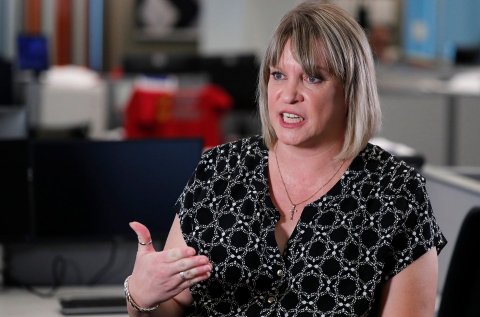
"The evidence was overwhelming," Paula Duncan, a Trump supporter, told Fox News after the verdict. She was the only juror to speak publicly after the trial. "I did not want Paul Manafort to be guilty, but he was. And no one is above the law."
But no verdict was rendered on the remaining 10 counts, reportedly because of one juror—another Trump supporter who refused to find Manafort guilty on most counts. "We tried to convince her of the paper trail again and again," Duncan said. "She said she still had a reasonable doubt."
The second trial is set for September 24 in Washington, D.C., though Manafort's lawyers have requested a change of location. They suggested a federal court in Roanoke, Virginia—a "neutral and less media-saturated locale." They believe their client has "become an unwilling player in the larger drama between Mr. Mueller and President Trump," particularly as Trump regularly tweets about the trial.
Wherever it's held, the lawyers who spoke to Newsweek had one piece of advice for Manafort's defense team: politics, and only politics, matter. The first trial, and the Trump-voting juror's public statements, only support their case. "I don't think gender matters. I don't think age matters. I don't think race matters," Hirschhorn said. "The only question they should be asking is, 'Did you vote for Trump?'"
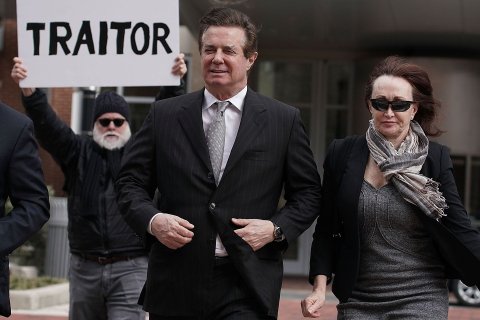
Hirschhorn said he might also consider conservative Democrats. "Liberal jurors will burn him at the stake—because it's Manafort and because he was tied at the hip with Trump, it's infinitely politicized."
Lichtman suggests Manafort's legal team could also look for jurors who had been charged with a crime, or who know someone who had been charged with a crime. They would "understand that sometimes the government is overreaching or unfair, that sometimes they cheat," he said. "The average person, without that experience, thinks anybody arrested is automatically guilty."
Manafort faces a maximum prison sentence of 80 years for the current convictions. His second trial brings the added challenge of finding a jury pool that is willing to overlook the convictions from his first trial.
According to Lichtman, before a second trial for Gotti, his client had on his side the public perception that he might have left the Mafia. That was aided by one key fact: The first trial's jury had acquitted him, "and that seemed to help," Lichtman said. "Manafort has the opposite problem, because people already think he's guilty, and they figure, Why not convict him again?" His lawyers, Lichtman adds, "have their work cut out for them, I can tell you that."



